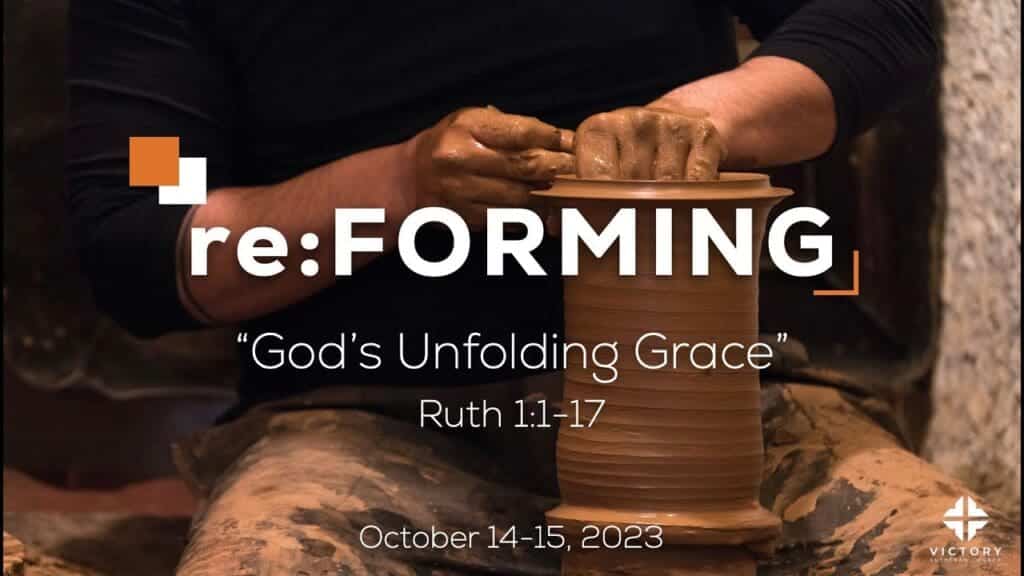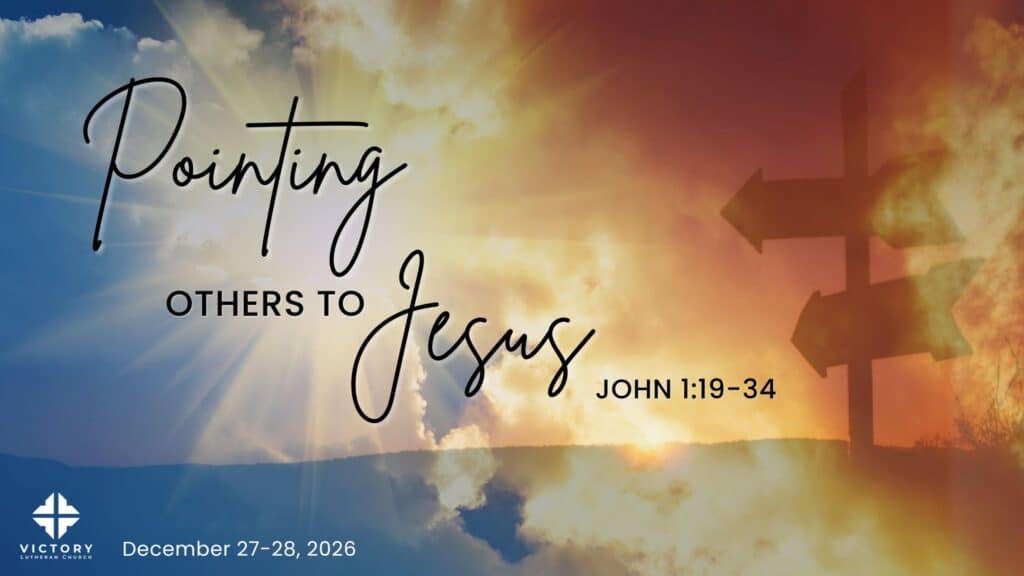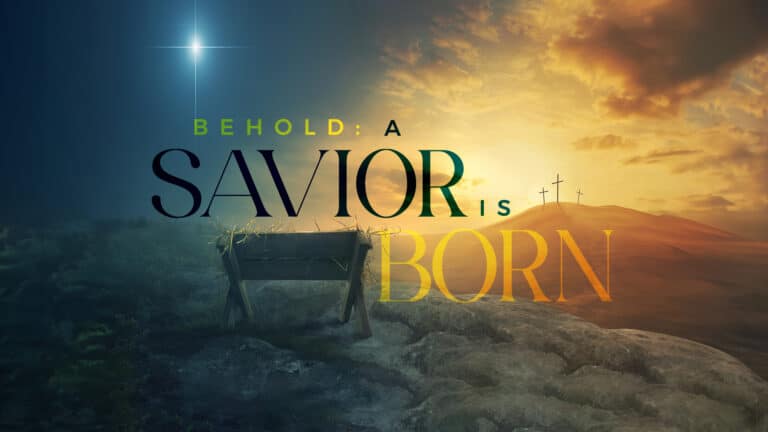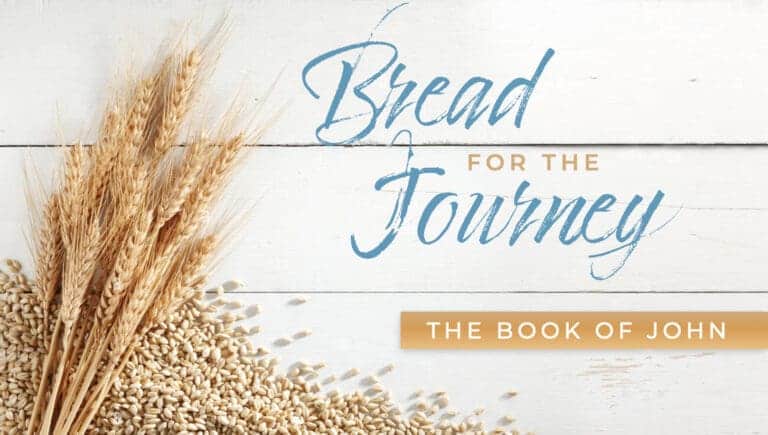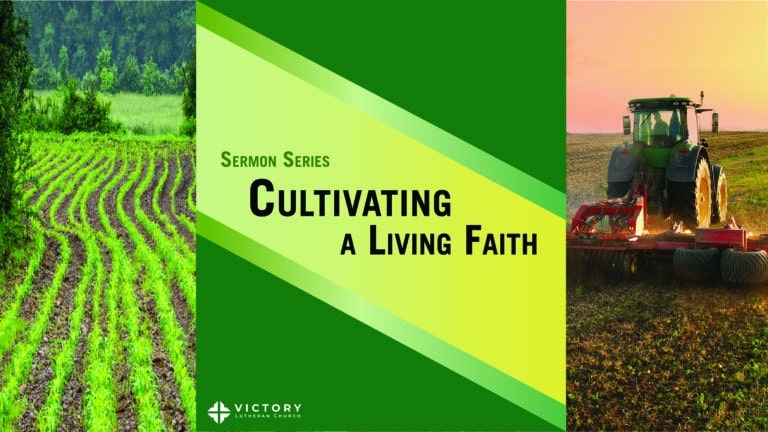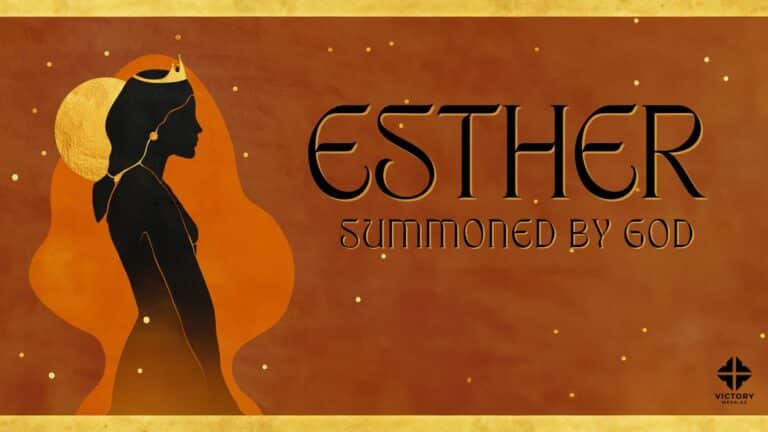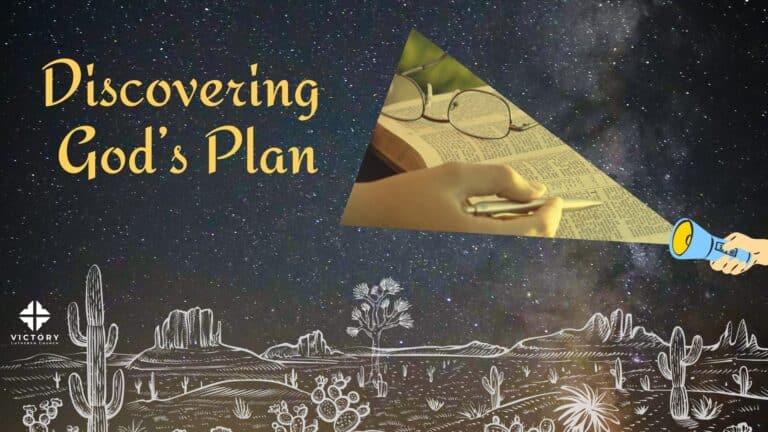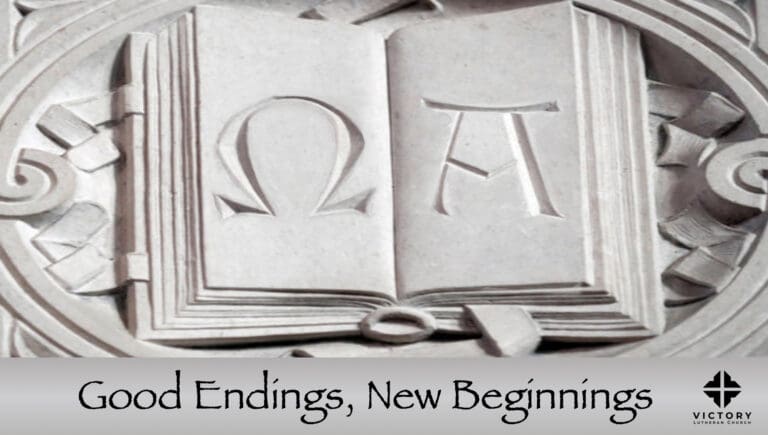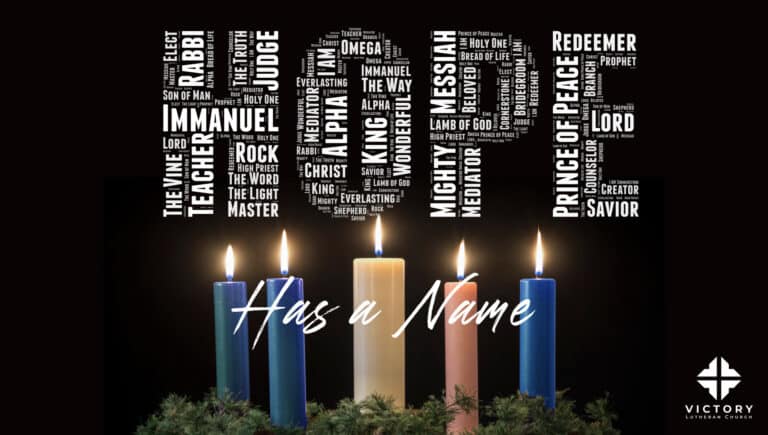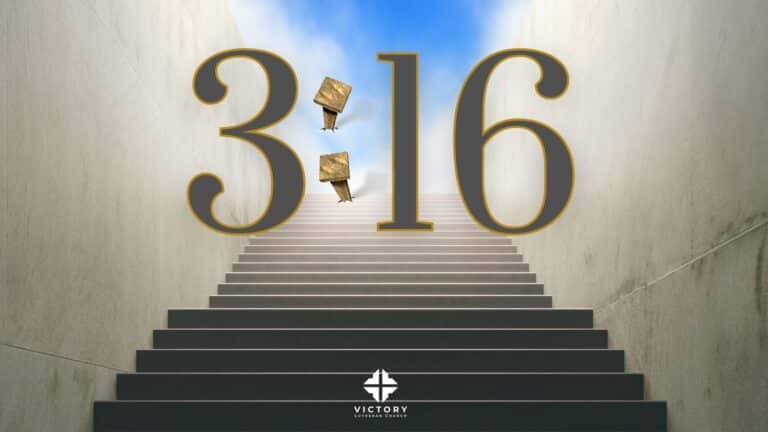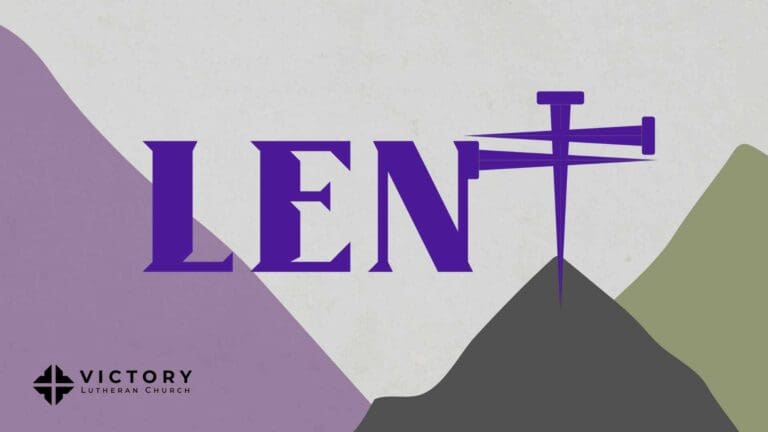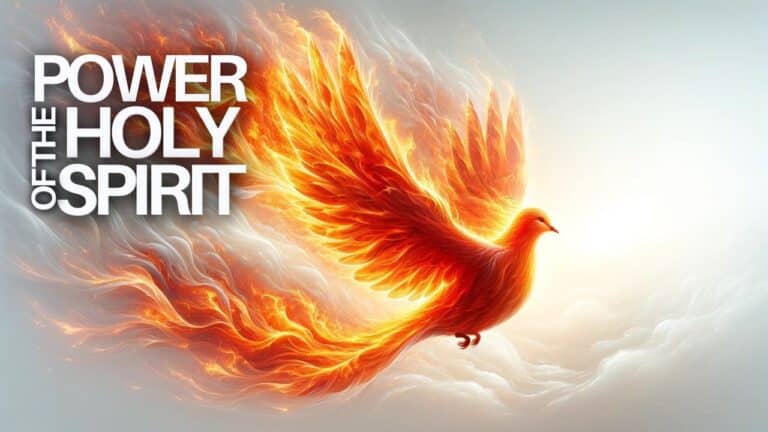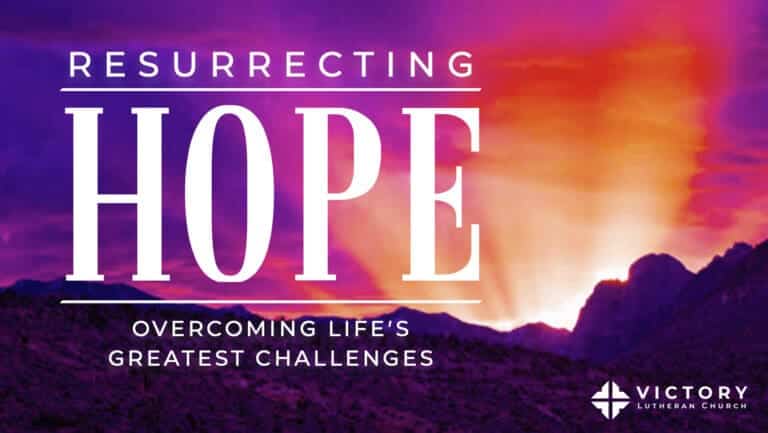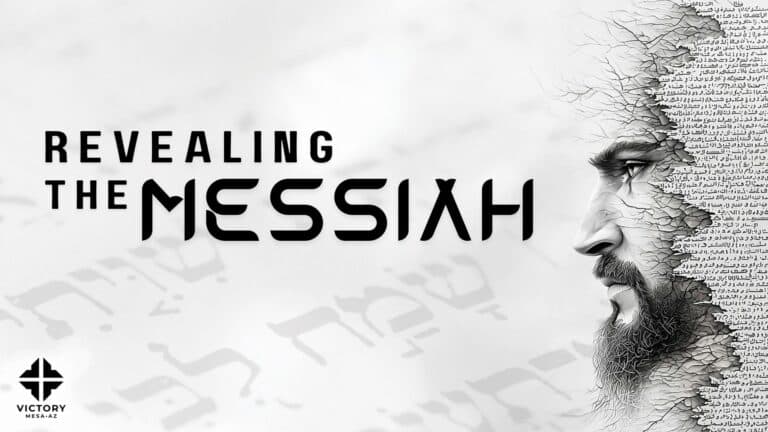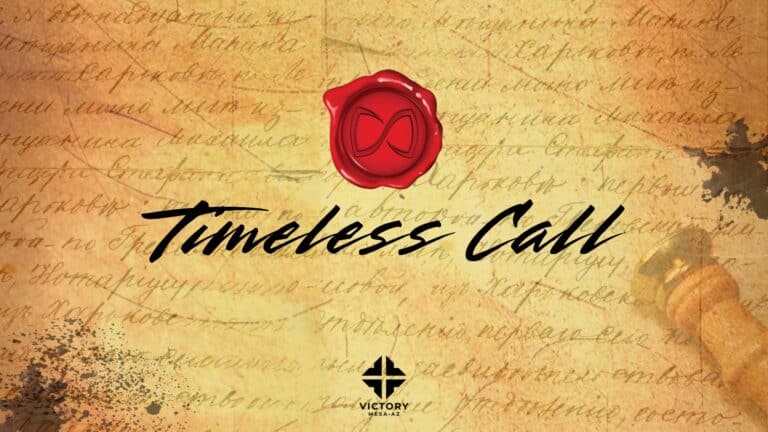Forming and reforming. From cut to crown. I hope that by the end of the message you’ll know what that title is, is reaching for. Interesting passage that Richard read for us from Isaiah chapter 5. A vineyard. Have you ever produced, or I mean ever purchased produce at a store? Uh, it looks ripe and succulent there. You’re kind of checking it out to make sure, you know, if it’s, what’s the best one. Put it in your basket and you go, uh, bring it home. Wash it and you’re ready just to enjoy this great fruit. for example, and you take a bite and it, it’s actually sour or spoiled. It, it looked good, but it just was either tasteless or even rotten. Um, my wife a couple of weeks ago had bought some green seedless grapes. And they were delicious. What a great snack, right? And so last week I thought, I’m going to have some more of those. So, you know, looked at the bag, tried to see which ones were the best, brought them home, washed them up, took a bite of a good plump one, and it was bland. It was… It didn’t taste at all. Ate a few more, I’m like, what is up with this bag? As I’m eating, I wasn’t paying attention, grabbed one of those squished sour ones. Oh, man. Totally ruined the whole experience.
God plants a vineyard with great care and love. It’s a love song. And yet, we just heard… As much as God loves his people, Israel, using this metaphor of a vineyard, of planting and nurturing it, only to find the fruit there, rotten and spoiled. Isaiah even calls this a love song for the one God loves. God looking, expecting to find good grapes, only to find bad fruit. And did you notice the turn in that text? What was God’s response? He would take away the hedge for protection that he had built up. He would break down its walls that he had built and let it become trampled like a wasteland. Devastating. And this prophecy actually was fulfilled in the lifetime of the writer Isaiah who wrote this. This actually happened to Israel and Judah. They were defeated by the nation of Assyria. Their homes and cities were plundered and destroyed, and they were taken as captives and refugees. Taken away from the land of promise, the promised land. God had promised His people. And while Isaiah uses this metaphor of a vineyard, the actual experience of the fulfillment of that prophecy. It was beyond devastating. And we might well be able to imagine what trampling and wasteland of Israel might have looked at looked like just by watching our evening news as of late. Yes? The prophecy of Isaiah doesn’t end at chapter 5. It continues on. And there’s a linkage with chapter 11 that I get to read now as we hear of God’s long play To redeem his people Israel then, and it’s the same play God has in his playbook. For us as his people today, so if you have your Bibles turn to Isaiah chapter 11 I’m going to read the first five verses you can also follow along on screen a shoot will come up from the stump of Jesse from his roots a branch will bear fruit The spirit of the Lord will rest on him the spirit of wisdom and of understanding the spirit of counsel and of might the spirit of the knowledge and fear of the Lord And he will delight in the fear of the Lord.
He will not judge by what he sees with his eyes or decide by what he hears with his ears. But with righteousness, he will judge the needy. With justice, he will give decisions for the poor of the earth. He will strike the earth with the rod of his mouth. With the breath of his lips, he will slay the wicked. Righteousness will be his belt. And faithfulness, the sash around his waist. The Word of the Lord, let’s pray. Father in heaven, as we delve into your living word today, help us to see Christ. And by your Holy Spirit, prepare our own hearts to hear your words of truth about us, our need, and all that you’ve done to provide for it. To the glory of your name, Jesus, in which I pray. Amen. Dear friends, grace to you and peace from God our Father and our Lord and Savior Jesus Christ. Amen. There’s no other place to begin in our text except this, that there’s a spiritual blight upon God’s vineyard. As was read for us by Richard in chapter 5 of Isaiah, we encounter this powerful metaphor of God’s vineyard, symbolizing His chosen people Israel, upon whom God lavished His care as upon a vineyard, hoping for a bountiful harvest of righteousness. But there’s a problem. A spiritual blight had infected God’s vineyard. And instead of producing good grapes, it yielded only bad. And you can hear the heart of God for his vineyard, posed by him throughout the ages. In verse 4, chapter 5, the Bible says, God is saying, What more could have been done for my vineyard than I have done for it?
You can just hear his heart breaking. Israel had turned away from their divine caretaker. Forsaking the covenant promise, and as a consequence, God declared judgment, stating that hedge would be taken away and the vineyard destroyed. Even the house of David, like the greatest king of Israel, even his house would be destroyed. Only a stump, it says, remaining. What Isaiah calls the stump of Jesse, and Jesse was David’s father. But just as there is spiritual blight upon God’s people, There’s God’s promise of restoration. Even in the face of judgment, God reveals his redemptive plan in Isaiah 11. From the seemingly lifeless stump of Jesse, the father of David, a shoot. A branch, capital B, that would bear fruit. Have you ever seen a picture of a stump with just a little tendril growing up out of it? That’s a shoot coming up out of a stump. There’s actually a curious, I would say, kind of a linkage verse between chapter 5 and chapter 11 in Isaiah and it’s at the very end of chapter 6. And notice, and listen now, but as the terebinth and oak Leaves stumps when they are cut down, there’s the cut part. So the holy seed will be the stump in the land. The holy seed. If you’re a student of the Bible, can you notice the connection with the covenant promise here that God made back to Abraham?
Back in Genesis 22 when God said to Abraham, And through your seed, All nations on earth will be blessed. Just what or who is the seed? Well, the Bible makes it very clear. And we go all the way up in the New Testament to the book of Galatians where the Apostle Paul writes, The promises, that’s these covenant promises, were spoken to Abraham and to his seed. Scripture does not say, and to seeds. Meaning many people, but and to your seed, meaning one person. And then Paul names who this seed is. Christ. It’s Christ Jesus. The saving seed that God told to Abraham is Jesus Christ. This branch with the capital B is Christ Jesus. The shoot that springs up from the stump of Jesse is none other than God’s one and only son and the descendant of Jesse and David, the God man, Jesus Christ. So here’s where I want to land this message today. That Jesus Christ is the cure for spiritual blight. God would not leave his people to ruin, then nor today. And in chapter 11, Isaiah reveals God’s restorative plan. A shoot will come up from the stump of Jesse.
From his roots a branch will bear fruit. The Spirit of the Lord will rest on him. Righteousness will be his belt and faithfulness the sash around his waist. It’s upon none other than Jesus Christ that the Spirit of the Lord would rest. Looking forward to Jesus baptism by John the Baptist. Where righteousness and faithfulness are the hallmarks of his redemptive kingdom and reign. Isaiah points to this ultimate cure for spiritual blight found in Jesus Christ alone. Even the house of David might be reduced to a stump, but from that very cut down stump, the true and righteous king would be crowned and would arise. It’s Jesus Christ in whom God provides the solution for spiritual blight that can infect his people then and even for us today.
We just confessed that earlier. And we heard God’s restorative plan tying back into Isaiah, going back into Genesis across all the pages of scripture. This is the core of our Christian faith. In Romans chapter 11, there’s a very curious kind of exploring of this metaphor of the vineyard again in the New Testament. Um, can’t get into the text. It’s, it’s worth a whole sermon on itself. But it shows how using the images of vine. In a vineyard, showing how Gentiles have been grafted into the true vine. In other words, God chose his people Israel, but then through faith, God has… has grafted this wild, these wild vines, which are the Gentiles. And as I look around the room, that’s most of you. Yeah, wild vines. I would concur. You should as well. And aren’t we grateful? Aren’t we grateful? That through faith in Christ, we are grafted into his family and into his future. I was in a book club for quite a while with a couple of elders from one of my former churches and then an avowed atheist, a really good friend, who kept the conversations honest.
It was pretty good. We were reading a book called The Judgment of Paris. And it was about a wine tasting contest between French wines and American wines. This is in the last century. Where the American wines, red and white, Judged by French wine tasters, uh, proved as good, if not even better than the French wines. American wines! Who knew? Well, I learned later on that in the late 1800s, for a couple of decades, a blight threatened the French vineyards, and the entire French wine industry was at risk. And after a lot of consternation and worry and some research, It was discovered that grapevines in America were resistant to the cause of this blight. And so get this, American rootstock was brought over to France. And then grafted with the French vines and voila, the French wine industry was saved. My dear friends, God provides that same salvation for you and for me. God has provided the solution for spiritual blight in your own life. As you are grafted into God’s family through faith in Christ Jesus.
Cause here’s the wonderful piece about this. Being grafted into… God’s family, it’s not dependent on who you are or what you do, but rather it’s upon who Jesus is and what He has done for you. Just as the French vines could not produce their own cure, so you and I can’t provide the cure for the spiritual blight in our own hearts. But, but God has provided His righteousness as your own. Through faith in Jesus Christ, grafting you into God’s family and into his future so that you can say, along with the Apostle Paul, who writes this in 2 Timothy, Now there is in store for me the crown of righteousness. There’s the crown. The crown of righteousness, which the Lord, the righteous judge, will award to me on that day. And not only to me. But also to all, all who have longed for his appearing. That’s you and me. From cut, to crown. From stump, to shoot. From blight, to righteousness. Through faith in Jesus Christ alone. Praise be to you. Join me in prayer. We praise you God for your, your love and your grace. Part of your whole redemptive plan from even before creation. That you would show us mercy, kindness, forgiveness in the ultimate cost for your own son and for you, Jesus, of giving your own life for us. We don’t deserve it, can’t earn it, but you’ve given yourself away for us then and today and for all tomorrows. And we praise your name, Jesus, and may we cling to you, our vine of righteousness, into which we are grafted and become children of God. Fill us with your Holy Spirit with joy and gratitude to you and of sharing that same kind of love and grace with everyone else. To the glory of your name, Jesus, in which I pray, Amen.






